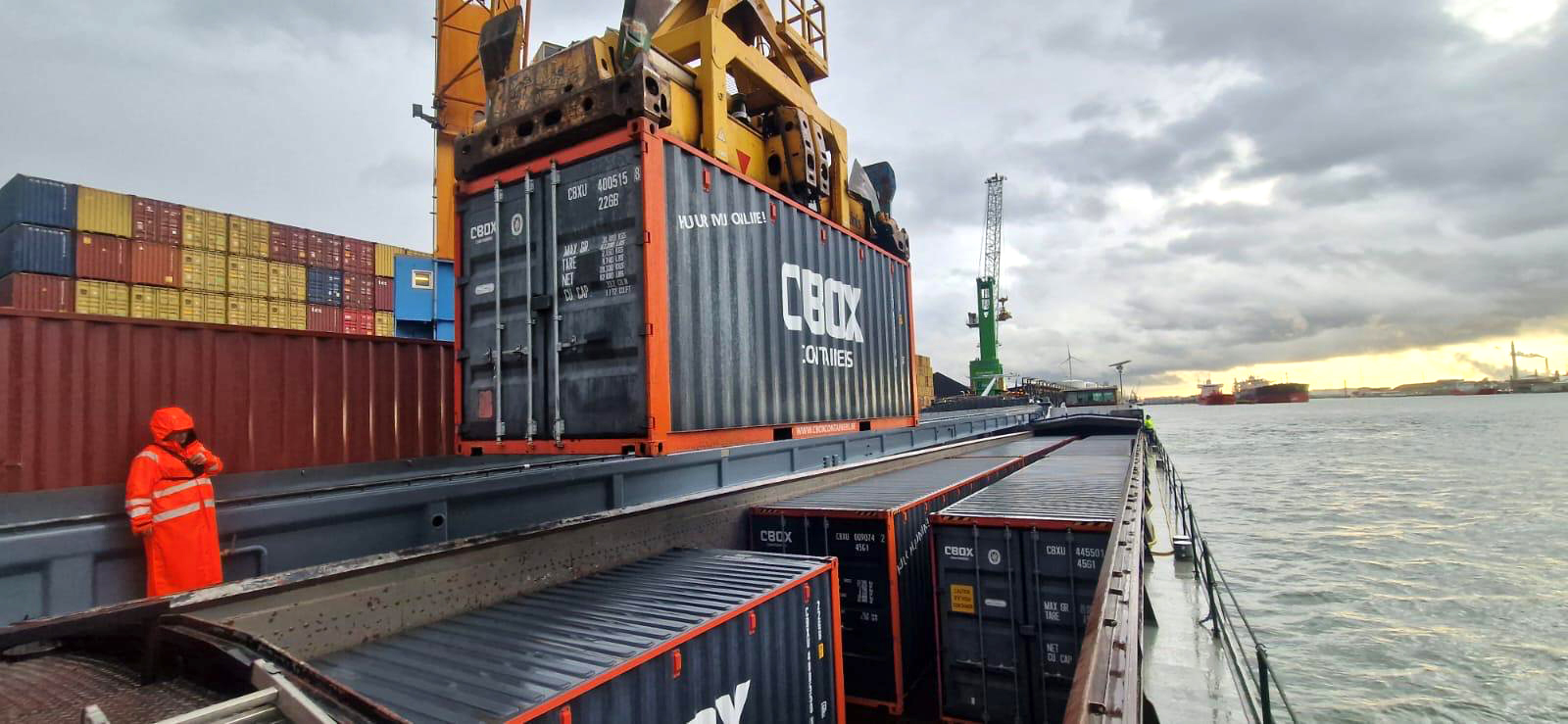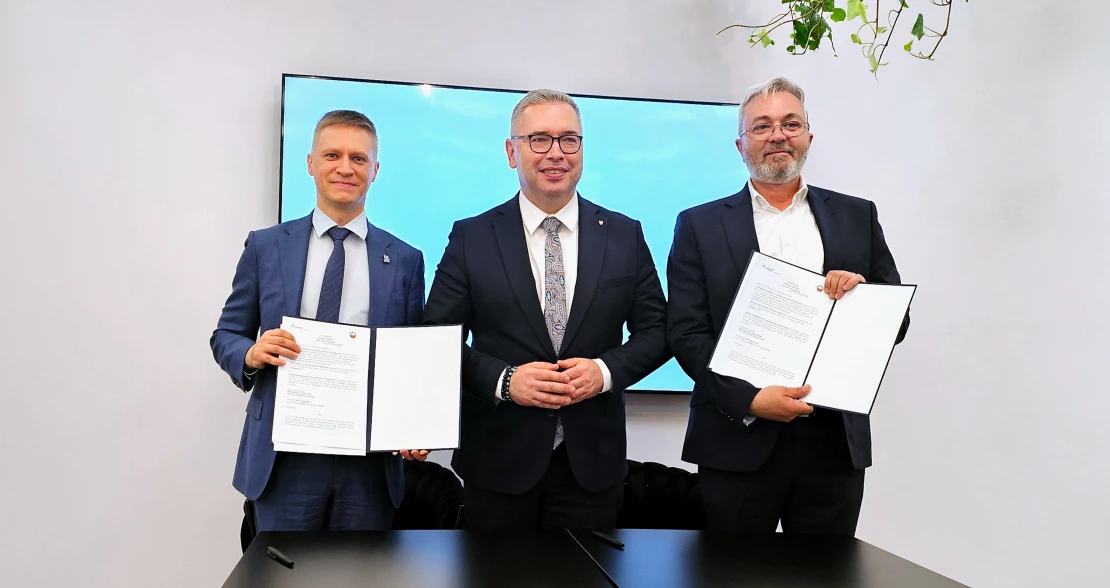Experts from Łukasiewicz – Poznań Institute of Technology co-create European Digital Identity Wallet

Currently, there are no coherent solutions in Europe for free access to public and commercial services across the Union through a single digital wallet. At the national level in Poland, such a solution is the mObywatel application. As part of the international POTENTIAL project, work is underway to create a secure digital identity system for EU citizens. Experts from the Łukasiewicz – Poznań Institute of Technology, among others, are working on it.
Successful tests in Warsaw
The Warsaw Interop Event, organised by the Ministry of Digital Affairs and the Central Informatics Centre in cooperation with the French project coordinators, was held in Warsaw. It was attended by partners from 19 EU countries and Ukraine – representatives of administration, technology companies, the banking and telecommunications sectors.
During the technical part, digital identity wallets from different countries were tested to see whether they could communicate with each other and whether they could correctly transfer user data (so-called PID – Person Identification Data). The Polish team was ready for peer-to-peer testing on the very first day. Most scenarios were completed successfully.
Science supports interoperability
Experts from Łukasiewicz – Poznań Institute of Technology actively support project activities. Among other things, they are responsible for developing the digital infrastructure and ensuring its compliance with European standards.
– We test and refine digital wallets in real-life conditions, in close cooperation with public administration and the private sector. Our work is to ensure that Polish solutions comply with EU standards and can work seamlessly with other countries‘ systems,’ explains Szymon Mamrot, PhD, chief IT project management specialist at Łukasiewicz – PIT.
Benefits for citizens, business and administration
The POTENTIAL project is likely to bring concrete benefits for citizens, business and public administration. For citizens, it means convenient access to a single digital identity proofing tool, which will enable them, among other things, to log in to e-services in other EU countries, show an electronic driving licence or fill prescriptions abroad. For companies – especially in the banking, insurance and telecommunications sectors – this will simplify customer verification processes, thereby reducing operating costs and increasing security. Public administration, in turn, will gain the ability to provide cross-border services in a modern, more efficient way, while building trust in digital solutions.
Poland co-creates European standard
The project will last until mid-2025 and is a key stage in the implementation of the European Digital Identity Wallet (EUDI Wallet). Poland, thanks to the active participation of public institutions and an expert base, including researchers from Łukasiewicz – Poznań Institute of Technology, is among the leaders of this process.




